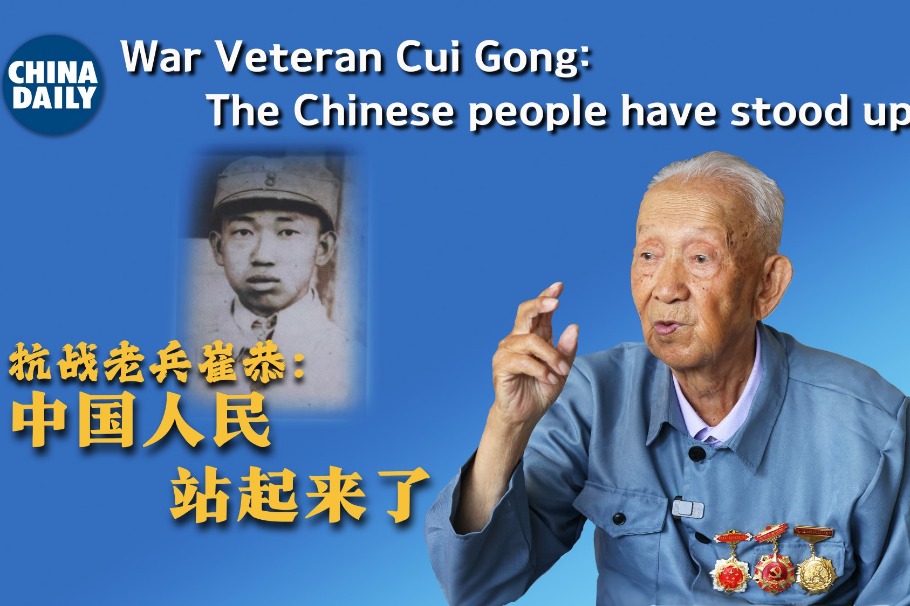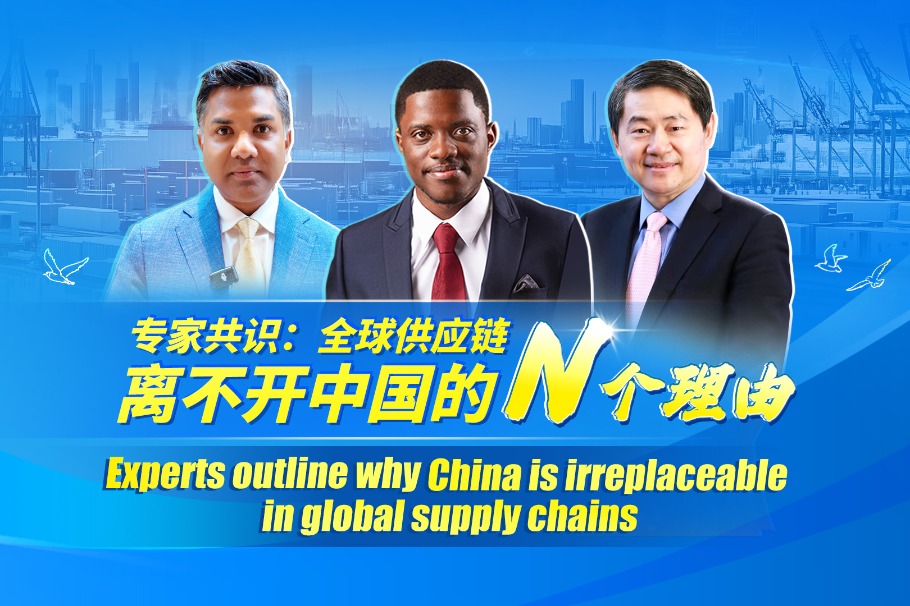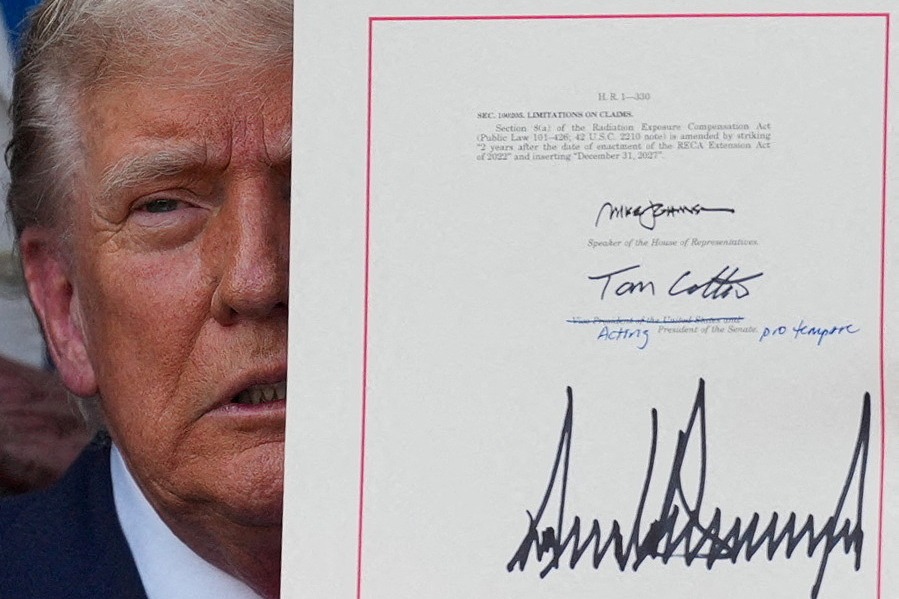Q&A

Q: What is the status quo of the Taiwan Strait?
A: The real status quo of the Taiwan Strait is that both sides of the Taiwan Strait undoubtedly belong to one and the same China, although they have fallen into a long-term special situation of political confrontation left by China's civil war and interference from external forces. During the decades after 1949, the Taiwan authorities adhered to the position that Taiwan is a part of China.
In 1971, the 26th Session of the General Assembly of the United Nations adopted Resolution 2758 with an overwhelming majority. This resolution confirms that Taiwan is a part of China and precludes the possibility of "two Chinas" or "one China, one Taiwan". A total of 183 countries in the world have already established and developed diplomatic relations with China on the basis of the one-China principle. The fact that there is only one China is widely recognized by the international community as the real status quo of the Taiwan Strait, which proves that the one-China principle is an irresistible trend and is in line with the principle of righteousness and the common aspiration of the people.
Q: What is the biggest threat to peace and stability in the Taiwan Strait?
A: The biggest threat to peace and stability in the Taiwan Strait comes from the "Taiwan independence" separatist activities and the connivance and support of external forces. Since assuming power, the Democratic Progressive Party authorities in Taiwan have been pursuing the "Taiwan independence" agenda, using unscrupulous methods and seriously jeopardizing the interests and well-being of Taiwan compatriots. Still lost in delusions of hegemony and trapped in a Cold War mindset, certain countries do their utmost to undermine and suppress China, using the Taiwan question to contain China. This poses a significant threat to regional and global peace and is the fundamental reason for the continued tension in the Taiwan Strait and the long-standing unresolved nature of the Taiwan question.
The Taiwan question is an internal affair of China, which should be resolved by the 1.4 billion Chinese people across the Taiwan Strait themselves. To support "Taiwan independence" is to interfere in China's internal affairs, and to connive at "Taiwan independence" is to undermine the stability of the Taiwan Strait. China's adherence to the one-China principle, its opposition to and containment of "Taiwan independence", and its pursuit of national reunification are the righteous moves to safeguard the post-World War II international order and defend the basic norms of international relations.
These questions were answered by Xiao Junzheng, China's ambassador to Israel, initially in The Times of Israel.
China Daily
Today's Top News
- More grads chart career paths in west of China
- Why China's AI initiative is critically important
- Israel's Gaza takeover plan widely condemned
- S. Korea visa waiver spurs surge in travel interest
- Top cities signal easing to support property market
- Ties help bolster heritage protection






























